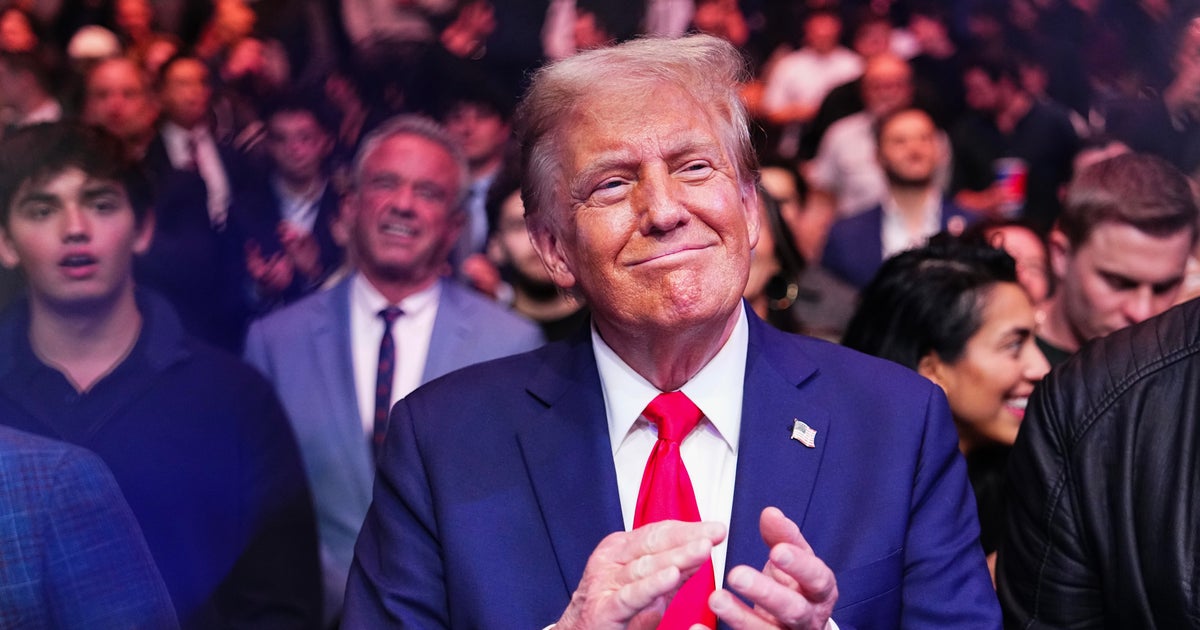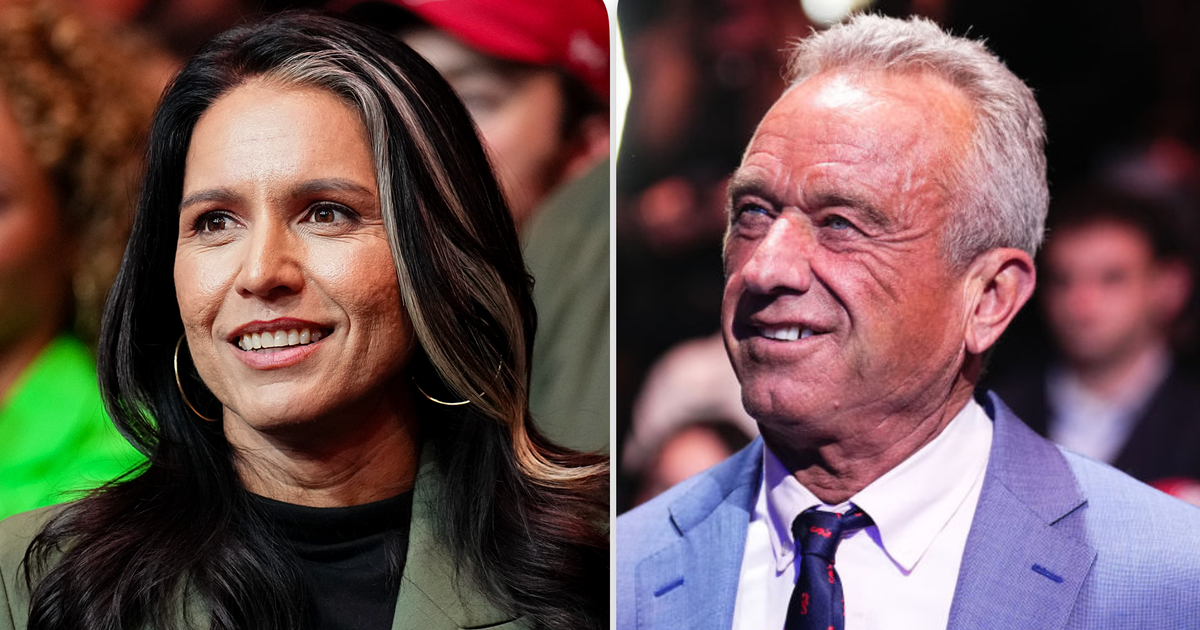Why Cubans see Biden as no "different from Trump"
Havana — Cuban's don't wake up or go to bed with the words "U.S. economic, commercial and financial embargo" on the tips of their tongues. But if there is a thought lingering in the back of many minds here, just one word — "blockade" — probably covers it. It frequently rolls off tongues as people discuss their daily hardships.
Many Cubans watched on Wednesday as the United Nations General Assembly voted overwhelmingly to approve a resolution condemning the United States' six-decade embargo on their island. They were most interested to see whether the U.S. would abstain from the vote, as the Obama administration did in 2016, or vote "No" again, as it did under former President Trump.
In the end, the U.S. delegation voted "No," joined only by Israel. 184 nations voted in favor of the resolution condemning the embargo. The same resolution has passed easily every year since it first came up in 1992.
Dr. Dunia Castillo Gonzalez, a hematologist at Havana's Institute of Hematology and Immunology, told CBS News that she was happy the resolution had passed, "but with the desire that they get rid of it [embargo] for real."
Like others, Castillo Gonzalez is disappointed that President Biden hasn't lifted the flurry of additional sanctions imposed by Mr. Trump on Cuba right before he left office.
The COVID-19 pandemic has made Cuba's medical professionals, and people seeking protection from or treatment for the virus, hyper-aware of the negative impact of the blockade.
In a Facebook post, Foreign Ministry official Johanna Tablada pointed out that in 2020, two long-time German providers of laboratory and other medical supplies, Sartorious and Merck, both stopped selling to the island — for fear, she said, of the sanctions the U.S. was applying internationally. This, she said, prevented Cuba from obtaining purification equipment needed as it worked to develop its COVID vaccines.
The country managed without the supplies from Germany, and it is now giving doses of two domestically produced vaccines that have shown good efficacy.
"Cuba maintains and will maintain its achievements despite the many shortages and need of our people provoked by the blockade," said Dr. Osvaldo Mendez Diaz of Havana's Tropical Medicine Institute, IPK, which treated the first COVID-19 cases in the country in March 2020.
He told CBS News that he was encouraged by the public health intervention in Havana, using the Cuban Abdala vaccine, which reduced by nearly 50% the number of confirmed cases in the capital in May, and has continued to drive a significant drop in new cases in more recent weeks.
"In addition to the victory [with the U.N. vote], Cuba is happy that it has achieved effective vaccines against COVID-19 amidst the toughening of the blockade," said the frontline doctor, barely identifiable through all of his PPE.
However, like most Cubans, Mendez Diaz believes the blockade is holding back the country's progress, and that more lives could have been saved, and could be saved going forward, if the U.S. embargo wasn't cutting off Cuba's access to some supplies.
In a statement explaining the vote against the U.N. resolution on Wednesday, American diplomat Rodney Hunter told the gathered body that U.S. "stands with the Cuban people and seeks to support their pursuit of freedom, prosperity, and a future of greater dignity," but he called the ongoing sanctions "a legitimate way to achieve foreign policy, national security, and other national and international objectives."
Hunter said the U.S. recognized "the challenges the Cuban people face," adding: "Every year, we authorize billions of dollars worth of exports to Cuba, including food and other agricultural commodities, medicines, medical devices, telecommunications equipment, consumer goods, and other items to support the Cuban people."
Dr. Niobys Sanchez, an OBGYN at the Gonzalez Coro Obstetrics Hospital in Havana, said she was happy with the U.N. vote, "especially in the current conditions, with the shortages of medical resources. Hopefully at some point the demands of so many countries will be heard and not ignored."
"Everything's difficult," said journalist and first-time mother Laura Prado. "It's a chain of limitations. It's difficult to obtain some medicines that were previously produced here — vitamins for my 4-month-old baby, [and] for me."
Referring to the U.S. sanctions, which have also blocked shipments of Venezuelan petroleum to Cuba, she noted that just as her son is beginning to start on solid foods, "root vegetables don't get to market because there is no fuel. How do you explain that to a baby?"
Prado wasn't surprised by the level of support for Cuba from the international community. But she, too, expressed disappointment in President Biden, and noted the difference with the Obama administration's moves to repair bilateral ties.
"Biden hasn't shown himself to be any different from Trump," she said. "What's needed is action and deeds."







